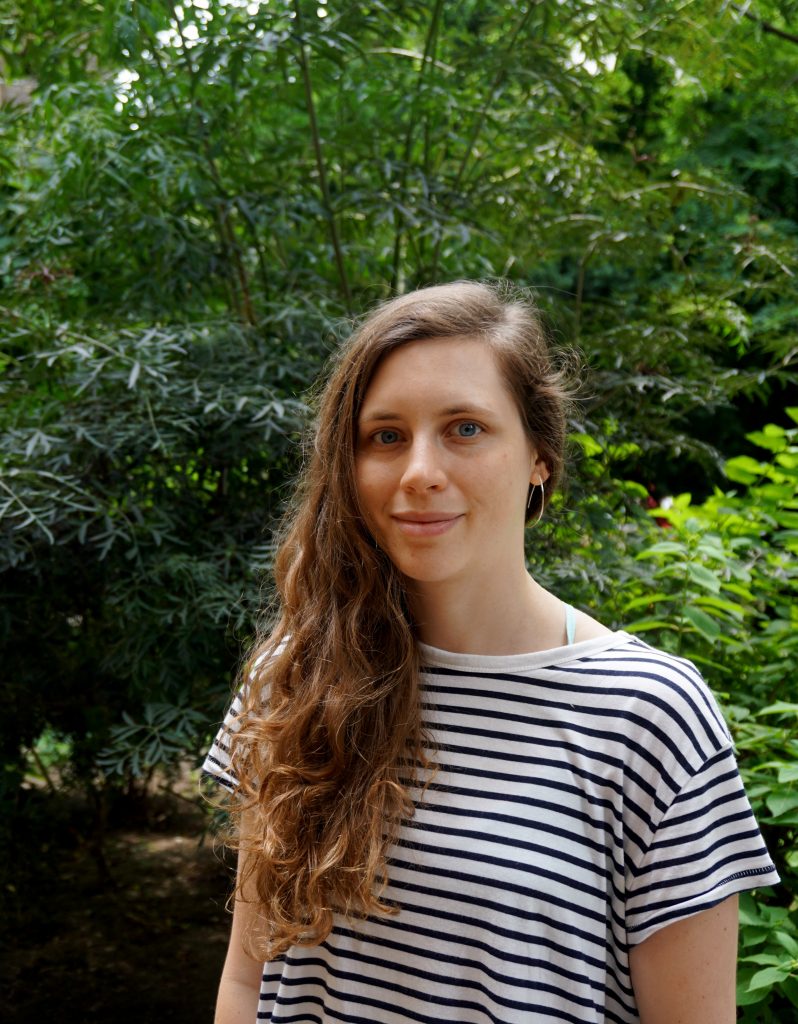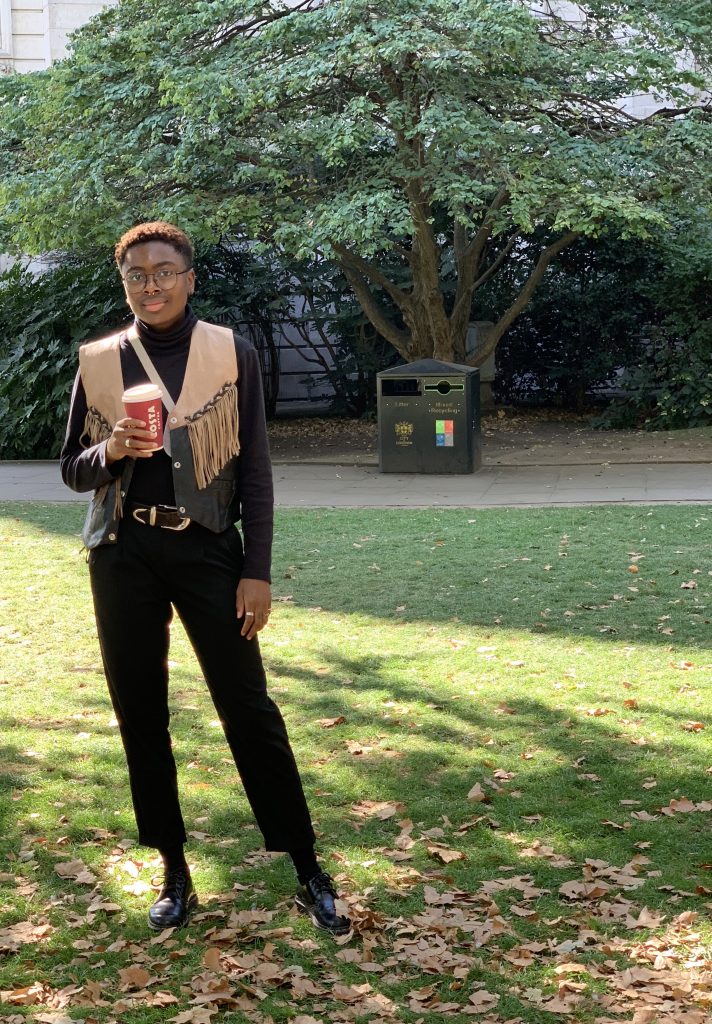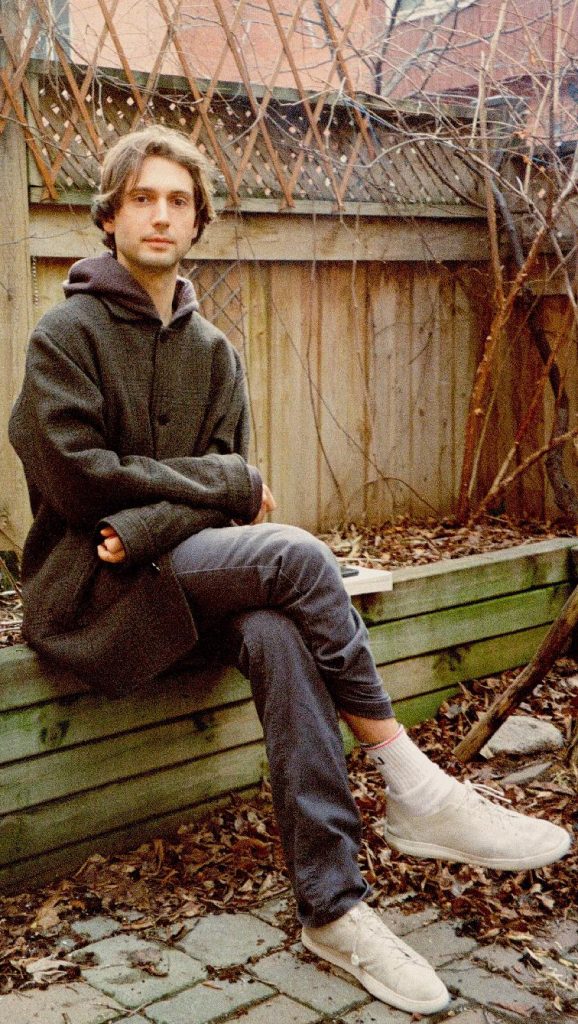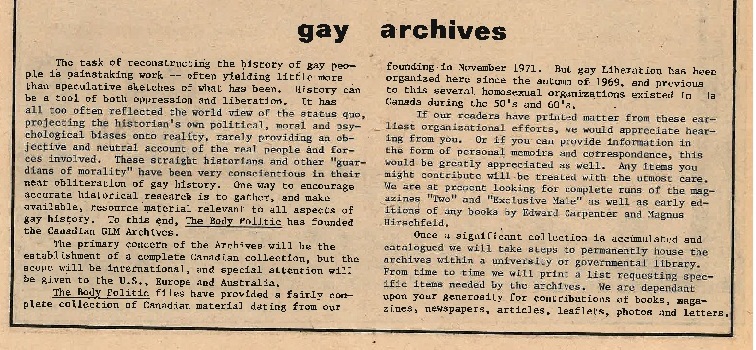
Interview with Jonathan Brent – Turning an Obstacle into an Opportunity
The following is an interview with Jonathan Brent, a Toronto-based filmmaker, content creator, videographer and ArQuives volunteer who joined the communications committee earlier in the year. In addition to his professional experience in video production, Jonathan works on independent projects: producing, writing and editing the short films like Boy in Bloom (screened and short listed for the jury prize at Kingston Canadian Film Festival 2020); as well as music videos and experimental documentaries. Jonathan has shared his talents across committees and this interview is about the work he did for the Qaleidscope Gala Committee.
Why did you and Randall Boutillier interview the multimedia artist and researcher Taymah Armatrading and archivists Ariana Ho and Lucie Handley-Girard earlier this year?
The backstory is that every year The ArQuives hosts a Gala to celebrate our collections, our communities, and to raise special project funding and operations. This year the committee decided to focus the Fund A Need campaign on raising funds for expanding our our collections. We interviewed the researchers and archivists to feature them and their work at the gala.
We had original footage that explained in detail the process of archiving a collection, the work it entails, and the value of a community-based archive. The gala was cancelled due to COVID but we didn’t want to shelve this project. In April the communications committee decided to repurpose the raw material and reformat the distribution to share it with a broader audience.
Can you describe the process of archiving and the details involved?
An archivist’s job is to review a collection of materials and records and describe the content to catalogue the material and write finding aids to make the content accessible to researchers. The content can range from personal correspondence, legal documents, artifacts, film, video, audio, to a poem scribbled on a napkin – there’s no limit to what can be found in an archival donation. But what these interviews reveal is that the pivotal role of an archivist is to immerse themselves in the study of a collection to understand how the items individually and collectively tell the story before they choose what to record and describe. The art is in this decision-making process, the science is adhering to the rules of archival description.
You spoke with three different people working on different projects, what unique insight did each of them bring to the table, and did you note a common or recurrent theme across your conversations?
According to Lucie … “the decision to select a record is a complex one, the value of records do not depend on the age of a record because ‘history is a moment ago’.” Arianna was attuned to the fact that a collection can be described and cross-referenced according to actions, events or outcomes and not just chronologically. Taymah was quick to note that “archives are the root of all information. By archiving you call attention to voices/folks that are not being listened to.” The common thread was the value and importance of the community members doing their own archiving because of their unique insights.
How are you planning to shape the raw material and this content, and when will it be released?
This is a work in progress, our plan is to create a trailer and a series of video shorts for distribution across our social platforms and on our site to distribute in the fall. The deep dive into the raw material will shape the story and we definitely plan to supplement the interviews with material from collections.

Lucie Handley-Girard
Lucie serves as Archivist. She holds a BA and a Masters of Information both from the University of Toronto. In the summer of 2016, she was the Archives Assistant at The ArQuives, and has previously worked in records management. Her research interests include community archives, archival performativity, and archives as spaces for activism, resistance, and identity formation.

Ariana Ho
Ariana serves as Project Archivist. She has previously worked as an Archives Assistant at the City of Ottawa Archives and the Wilfrid Laurier University Archives. She holds a BA from Concordia University and a MA in Fashion from Ryerson University. She also holds a MISt from McGill University’s School of Information Studies. Her research interests include community archives, public history and memory.

Taymah Armatrading
Taymah Armatrading is a multimedia artist holding a BFA from OCAD University. Their research is centered on reclaiming colonial spaces and reinstating power to silenced politically and socially marginalized bodies. This focus is explored through the documentation and investigation of black, queer, and trans identities, with research taking form as documentaries, interviews, exhibitions, and community engagements.

Jonathan Brent
Jonathan Brent, a Toronto-based filmmaker, content creator, videographer and ArQuives volunteer who joined the communications committee earlier in the year. In addition to his professional experience in video production, Jonathan works on independent projects: producing, writing and editing the short films like Boy in Bloom (screened and short listed for the jury prize at Kingston Canadian Film Festival 2020); as well as music videos and experimental documentaries.

